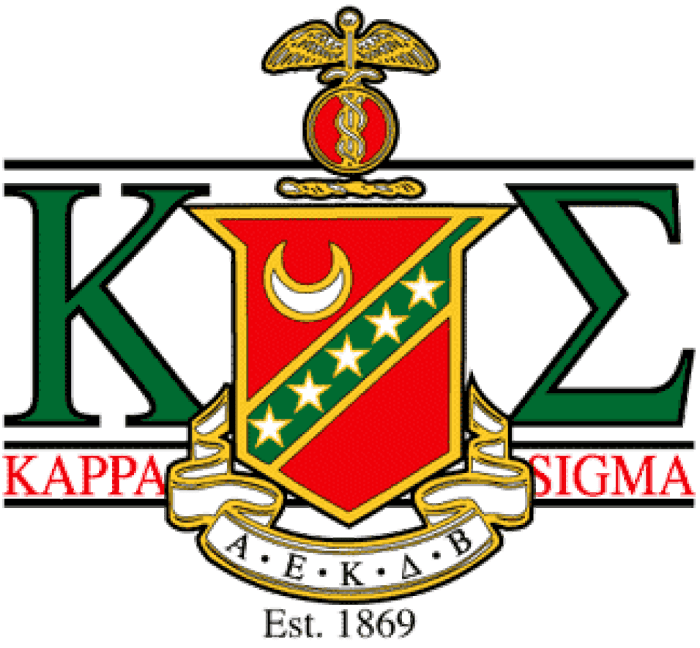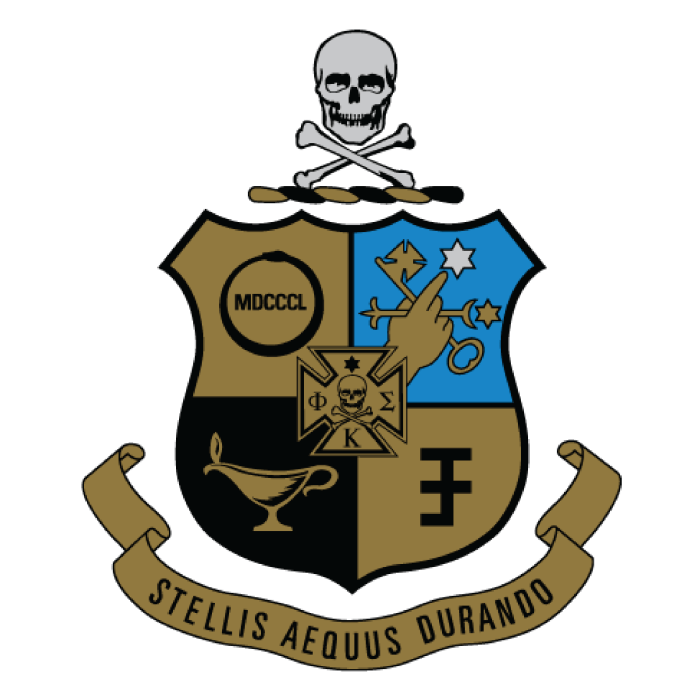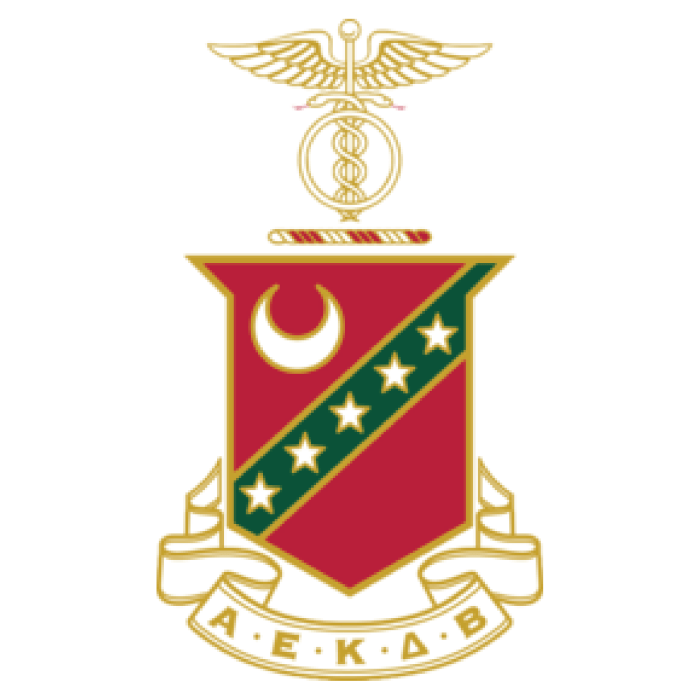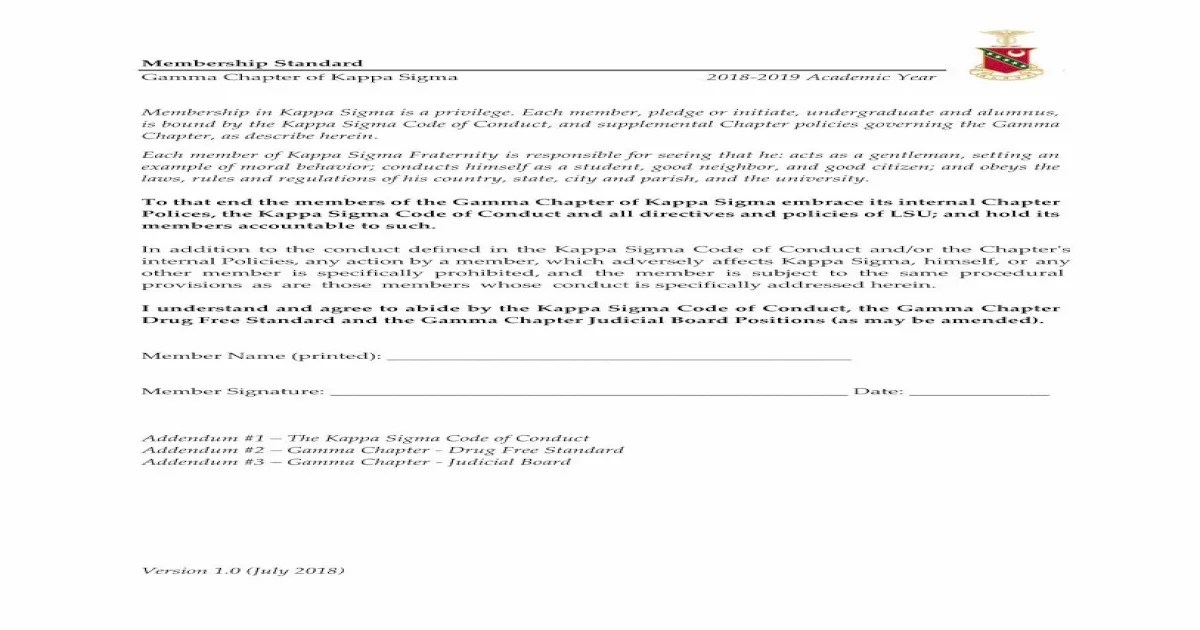Kappa Sigma Code of Conduct stands as a beacon of ethical conduct, shaping the values and actions of fraternity members. Its principles and guidelines provide a roadmap for responsible behavior, fostering a culture of respect, integrity, and accountability.
The Code of Conduct has evolved over time, reflecting the changing societal norms and the fraternity’s commitment to upholding the highest standards. It encompasses a wide range of provisions, from prohibiting hazing and alcohol abuse to promoting academic excellence and community service.
Kappa Sigma Code of Conduct Overview

The Kappa Sigma Code of Conduct establishes the core values, principles, and expectations for the conduct of all members of Kappa Sigma Fraternity. It provides a framework for ethical behavior, mutual respect, and responsible decision-making.
Kappa Sigma’s Code of Conduct outlines the values and principles that guide our members. As we strive to embody these principles, we find inspiration in works like Devoted to Diamond Ch 1 , which reminds us of the importance of integrity, respect, and service.
Through our commitment to the Code of Conduct, we aim to uphold these values and foster a community of responsible and ethical men.
The Code of Conduct has evolved over time to reflect the changing needs and expectations of society and the fraternity. It is regularly reviewed and updated to ensure its relevance and effectiveness.
Purpose of the Code of Conduct
- To define the ethical principles and standards of conduct for all Kappa Sigma members.
- To provide guidance for members in making decisions and resolving conflicts.
- To promote a positive and inclusive environment within the fraternity.
- To protect the reputation and integrity of Kappa Sigma Fraternity.
History and Evolution of the Code of Conduct, Kappa sigma code of conduct
The first Kappa Sigma Code of Conduct was adopted in 1885. It was a simple document that Artikeld the basic principles of conduct for members. Over the years, the Code of Conduct has been expanded and revised to address the changing needs of the fraternity and society.
In 2019, the Code of Conduct was significantly revised to include new sections on sexual assault, hazing, and alcohol abuse. These revisions reflect the fraternity’s commitment to creating a safe and respectful environment for all members.
Key Provisions of the Code of Conduct

The Kappa Sigma Code of Conduct is built upon a foundation of core principles and values that guide the behavior of its members. These principles include:
- Respect for individuals
- Integrity and honesty
- Responsibility and accountability
- Excellence in all endeavors
- Brotherhood and community
These principles are reflected in the specific conduct that is prohibited or encouraged under the Code. For example, the Code prohibits:
- Hazing
- Alcohol and drug abuse
- Sexual misconduct
- Discrimination
- Violence
The Code also encourages positive behaviors, such as:
- Academic achievement
- Community service
- Leadership development
- Mentoring
- Networking
Violations of the Code of Conduct can result in a range of consequences, including:
- Suspension
- Expulsion
- Loss of privileges
- Community service
- Educational programs
Enforcement and Adjudication

Alleged violations of the Kappa Sigma Code of Conduct are reported through the chapter’s Conduct Officer or directly to the Kappa Sigma National Office.
The National Office investigates all reported violations and forwards its findings to the Kappa Sigma Conduct Board.
Role of the Kappa Sigma Conduct Board
The Kappa Sigma Conduct Board is responsible for adjudicating alleged violations of the Code of Conduct.
The Board is composed of five members, including the National President, the National Vice President, and three members appointed by the National President.
Investigation Process
- The National Office investigates all reported violations of the Code of Conduct.
- The investigation includes interviewing witnesses, gathering evidence, and reviewing relevant documents.
- The National Office forwards its findings to the Kappa Sigma Conduct Board.
Adjudication Process
- The Kappa Sigma Conduct Board reviews the findings of the National Office investigation.
- The Board determines whether there is sufficient evidence to support a finding of a violation of the Code of Conduct.
- If the Board finds that a violation has occurred, it may impose sanctions, including suspension or expulsion from Kappa Sigma.
Potential Penalties
The potential penalties for violating the Code of Conduct include:
- Suspension from Kappa Sigma
- Expulsion from Kappa Sigma
- Other sanctions, as determined by the Kappa Sigma Conduct Board
Education and Training: Kappa Sigma Code Of Conduct

Kappa Sigma places a strong emphasis on educating members about the Code of Conduct to foster a culture of compliance and accountability. The fraternity offers various programs and initiatives to achieve this objective.
Programs and Initiatives
Kappa Sigma provides comprehensive training and educational resources to equip members with the knowledge and understanding of the Code of Conduct. These initiatives include:
- New Member Education:Incoming members receive thorough training on the Code of Conduct during the initiation process, ensuring they are well-versed in their responsibilities and expectations.
- Continuing Education:Regular educational sessions and workshops are conducted to reinforce the Code of Conduct’s principles and address emerging issues.
- Online Resources:Kappa Sigma maintains an online platform that provides members with access to educational materials, such as the Code of Conduct itself, FAQs, and case studies.
Culture of Compliance and Accountability
Kappa Sigma actively promotes a culture of compliance and accountability by:
- Chapter Officer Training:Chapter officers receive specific training on the Code of Conduct, equipping them with the knowledge and skills to enforce the code effectively.
- Chapter Inspections:Regular chapter inspections assess compliance with the Code of Conduct and provide guidance to chapters on areas for improvement.
- Member Accountability:Members are held accountable for adhering to the Code of Conduct through a fair and impartial disciplinary process.
Role of Chapter Advisors and Alumni
Chapter advisors and alumni play a crucial role in enforcing the Code of Conduct:
- Advisors:Chapter advisors serve as mentors and provide guidance to chapters on implementing the Code of Conduct and maintaining a positive chapter culture.
- Alumni:Alumni are encouraged to support chapters in upholding the Code of Conduct and share their experiences and insights with current members.
Comparison to Other Fraternal Codes of Conduct

The Kappa Sigma Code of Conduct is similar to the codes of conduct of other fraternities in many respects. All of these codes typically prohibit behaviors that are harmful or dangerous, such as hazing, alcohol abuse, and sexual misconduct. However, there are also some important differences between the Kappa Sigma Code of Conduct and the codes of other fraternities.
One of the most significant differences is the Kappa Sigma Code of Conduct’s emphasis on education and prevention. The code requires all members to participate in educational programs on topics such as hazing, alcohol abuse, and sexual misconduct. This focus on education is designed to help members understand the risks associated with these behaviors and to make informed decisions about their own conduct.
Enforcement and Adjudication
Another important difference between the Kappa Sigma Code of Conduct and the codes of other fraternities is the way in which it is enforced. The Kappa Sigma Code of Conduct is enforced by a central office, which investigates all allegations of misconduct and imposes sanctions on members who are found to have violated the code.
This centralized enforcement system helps to ensure that the code is applied consistently across all Kappa Sigma chapters.
Implications for Safety and Well-being
The differences between the Kappa Sigma Code of Conduct and the codes of other fraternities have important implications for the safety and well-being of fraternity members. The Kappa Sigma Code of Conduct’s emphasis on education and prevention helps to create a culture of safety and respect within the fraternity.
The code’s centralized enforcement system also helps to ensure that members are held accountable for their conduct and that the code is applied fairly and consistently.
Questions Often Asked
What is the purpose of the Kappa Sigma Code of Conduct?
The Code of Conduct establishes clear expectations for the behavior of Kappa Sigma members, promoting a culture of respect, integrity, and accountability.
How is the Code of Conduct enforced?
Alleged violations of the Code of Conduct are investigated by the Kappa Sigma Conduct Board, which has the authority to impose penalties ranging from warnings to suspension or expulsion.
What are some examples of conduct prohibited by the Code of Conduct?
The Code of Conduct prohibits a wide range of behaviors, including hazing, alcohol abuse, academic dishonesty, and discrimination.
How does Kappa Sigma promote compliance with the Code of Conduct?
Kappa Sigma offers educational programs and training to inform members about the Code of Conduct and foster a culture of accountability.
